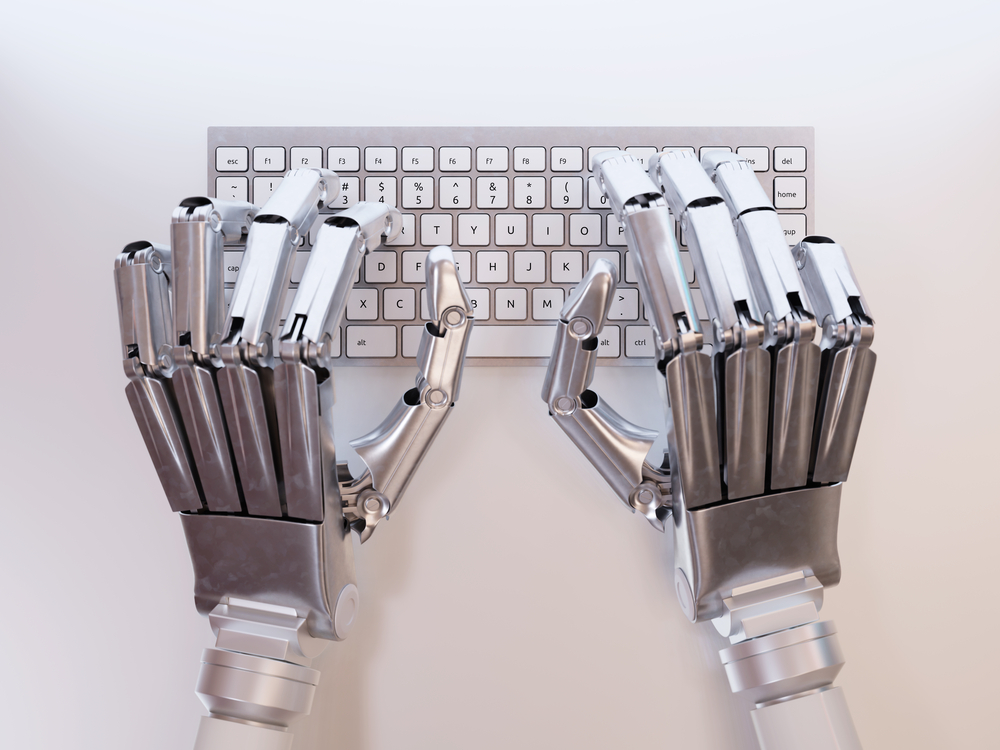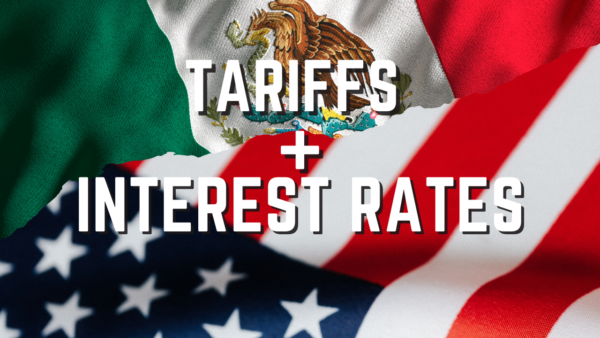Earlier this year, this column highlighted a unique trend in the global market: unusual concentration of market capitalization and equity price gains in a small number (five or six) of superstar companies. Another noteworthy feature of today’s market is the concentration of equity market gains over the past few decades in one country—the United States of America, underscoring its unique position in the global economy.
Since the end of 2000, the S&P 500 has risen by 259%. This means stock prices have more than tripled. How does this compare with other countries? Using stock price indexes from the Federal Reserve Bank of St. Louis’ FRED database, the results from other countries range from a 144% increase in Canada to only 28% (about 1% per year) in the United Kingdom. Since 2000, Germany has seen a 61% stock price increase, France 59%, Japan 102%, and China 48%.
These results provide context for the U.S. performance. Stock market capitalization as a percentage of GDP in the United States has risen from 147% in 2020 (already a high number relative to historical experience) to about 200% now. None of the other countries mentioned above have experienced a similar rise in market capitalization relative to the size of their economy.
Simply put, investors, both domestic and international, have been extremely bullish on America so far this century. More recently, they have been bullish about a small number of companies (Apple, Google, Amazon, Microsoft, Nvidia, and Facebook) that happen to be domiciled in one country. American GDP or profits have not grown notably relative to the rest of the world during this period. But investors have acted as if those companies will achieve even greater things than they already have.
There is little doubt that these six companies are extremely impressive. In many cases, they have been on the cutting edge of important technological innovation. Markets are making a bet that with the advent of artificial intelligence, they are poised to reap a very high proportion of the financial benefits from the anticipated transformation of the economy. This is reflected in the exceptionally high concentrations of market valuation. The top 5 publicly traded companies, in terms of market capitalization, account for over 40% of overall market capitalization. This is well over what has been seen in prior decades.
Related to the above, stock market performance in the United States (and market capitalization as a percentage of GDP) has far outstripped market performance in other countries. Is it plausible to project that five or six superstar companies can have such an outsized influence on a national or even global basis? The main objection is that for a new technology to be truly transformative in economic terms, it has to be widely diffused across many parts of the economy and across many parts of the world. The diffusion process is driven by the prospects for generating profits across many lines of business. In other words, the benefits must be widely shared rather than accruing to a handful of companies.
Of course, it is difficult at this early stage to identify how quickly and by how much artificial intelligence and related technologies will transform various parts of the economy. Moreover, we don’t know if this transformation process will favor incumbents with entrenched positions and deep pockets or nimble and disruptive newcomers. It could go one way in certain parts of the economy and another way in other parts. It is the job of financial markets to eventually figure out the answers to these questions.
For now, the financial markets are putting a lot of chips on a small group of companies domiciled in one country. These companies are making enormous investments in AI. The payoff will come if the tools they develop are widely used across the economy. How the payoffs are shared is highly uncertain.
However, the payoffs of transformative technologies tend to be widely shared. This provides the incentives for the technologies to be broadly disseminated. In past decades superstar companies such as IBM, GE, or DuPont never achieved the degree of dominance (in terms of market capitalization as a share of overall market capitalization) we are seeing today. This is a cautionary signal. It is unlikely that the benefits of AI will accrue to a small number of dominant companies as the markets currently seem to be assuming.





